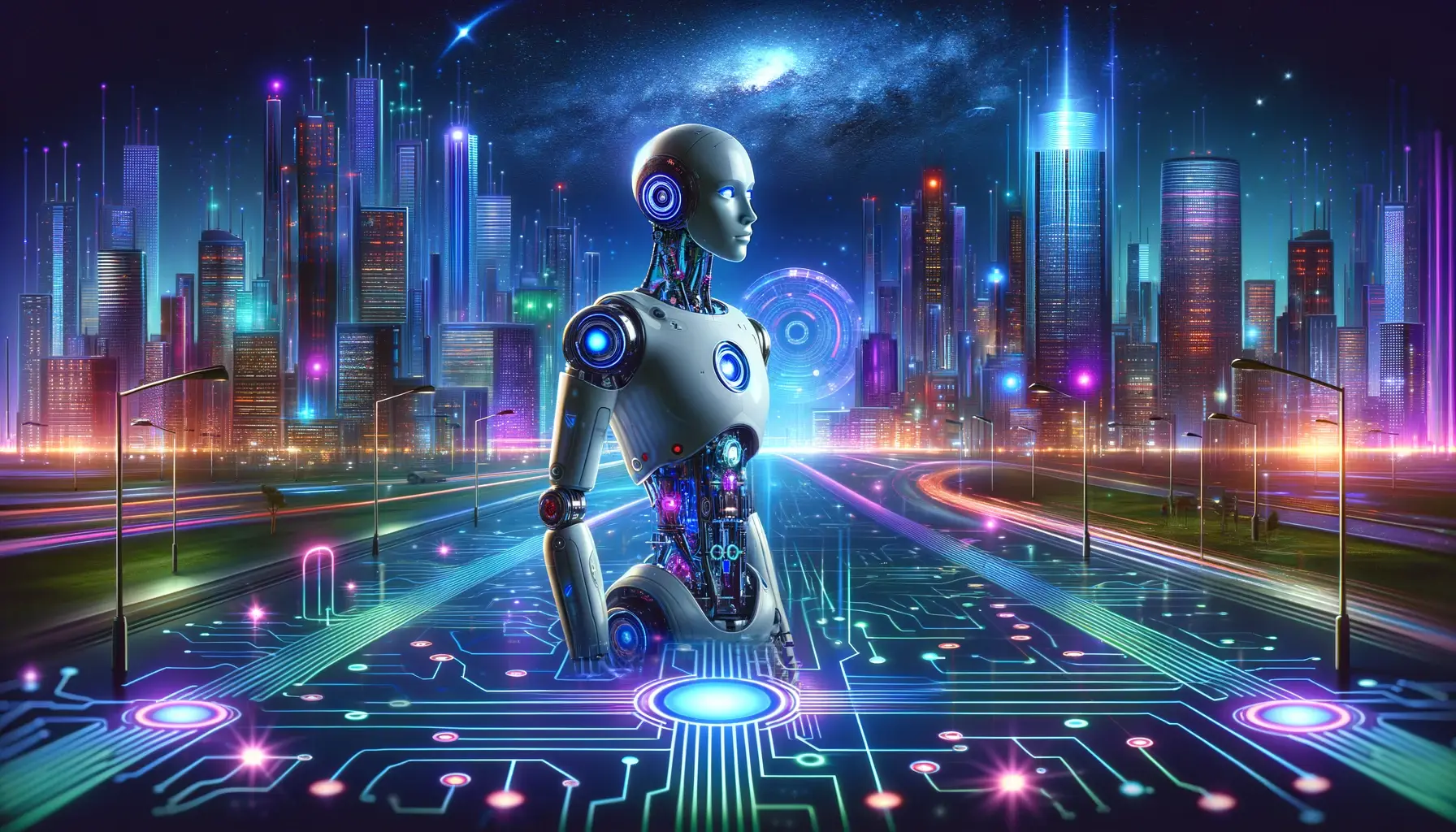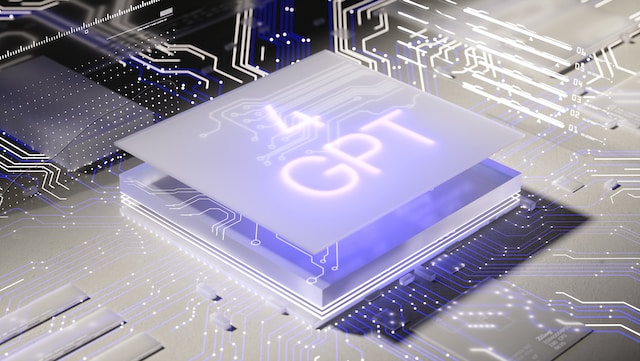
Artificial Intelligence and Beyond
The future of technology, careers, the energy industry, and more, is changing at a rapid pace.
Artificial intelligence is the future. At its core, artificial intelligence (AI) is the creation of computer programs that possess the ability to learn, reason, and solve problems in a way that is similar to human beings.

This technology has the potential to revolutionize a wide range of industries, from healthcare and transportation to finance and education.
The Future of Intelligence
As I sit down to write about the topic of artificial intelligence, I find myself both fascinated and overwhelmed by the vastness of the subject. It is a topic that has captured the imagination of science-fiction writers for decades, and now, with the rapid advancements in technology, it is becoming a reality.
But with great power comes great responsibility. As we continue to develop AI, we must also grapple with the ethical implications of this technology. Who will control this technology? What happens when AI surpasses our own intelligence? Will AI ultimately be a force for good or for evil?
These are complex questions that will require thoughtful and deliberate answers. In the meantime, we must continue to push the boundaries of what is possible with AI while being mindful of the potential risks and consequences.

As a writer, I cannot help but wonder how this technology will impact the world of literature. Will we soon see books written by AI algorithms? Will robots replace human editors?
Or will AI simply serve as a tool to enhance the creative process for writers, helping us to generate new ideas and insights?
Only time will tell. For now, we can marvel at the incredible strides we have made in the field of AI and continue to explore the possibilities and challenges that lie ahead.
Breakthroughs in AI Tech
These breakthroughs in AI, including Transformers, GPT, Neural Networks, deep learning, natural language processing, computer vision, and robotics, represent significant strides toward achieving human-like AI. Yet they also usher in a fresh array of challenges. As technology forges ahead, the integration of quantum computing for software engineers amplifies AI’s problem-solving capabilities.
Furthermore, the AI narrative expands with the incorporation of IoT in building smart devices, intensifying the intelligence embedded in everyday objects. This amalgamation introduces challenges like interoperability, security, and data management, necessitating innovative solutions for seamless integration.
Amidst these technological strides, ethical considerations become increasingly pertinent. As AI becomes more pervasive in our lives, the ethical implications surrounding privacy, bias, and accountability come to the forefront. Striking a balance between technological innovation and ethical responsibility becomes imperative to ensure that the transformative power of AI benefits society as a whole.
So, how do we ensure that AI is transparent and accountable? How do we prevent bias from being built into these systems? And how do we make sure that, as we develop more advanced AI, we don’t lose sight of what makes us human?
As we navigate these challenges, we must also remember the incredible potential that AI holds. It has the power to transform healthcare, education, and many other sectors, bringing us closer to a more equitable and sustainable world.

The key, as with any technology, is to use AI responsibly and thoughtfully, always mindful of its impact on society as a whole. So let us continue to push the boundaries of what is possible with AI, while also using our creativity and empathy to make sure that this technology is always used in service of the greater good.
What is Artificial General Intelligence?
Artificial General Intelligence (AGI) is a type of artificial intelligence that is designed to be capable of understanding or learning any intellectual task that a human being can. This means that an AGI system would be able to reason, plan, solve problems, understand natural language, and learn on its own, just like a human being.
The development of AGI is considered by many experts to be the ultimate goal of AI research, as it would represent a major breakthrough in human-like artificial intelligence. However, achieving AGI is also one of the most difficult and complex challenges facing the field of AI today.
One of the biggest obstacles to achieving AGI is the fact that human intelligence is multifaceted and difficult to replicate in a machine. Human intelligence is not just about processing information or performing calculations, but also involves things like emotional intelligence, creativity, and intuition. These are all areas where current AI systems still struggle.

Despite these challenges, many researchers and companies are working hard to develop AGI. Some experts believe that AGI could lead to incredible advances in fields like medicine, robotics, and space exploration, while others worry about the potential risks and ethical implications of creating an artificial intelligence that could match or surpass human intelligence.
Ultimately, the development of AGI will require a combination of technical expertise, ethical considerations, and a deep understanding of what it means to be human. As we continue to explore this fascinating and challenging field, we must be mindful of the potential risks and rewards of creating machines that are truly intelligent.
